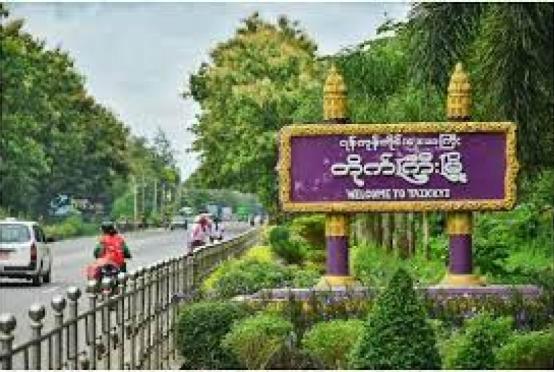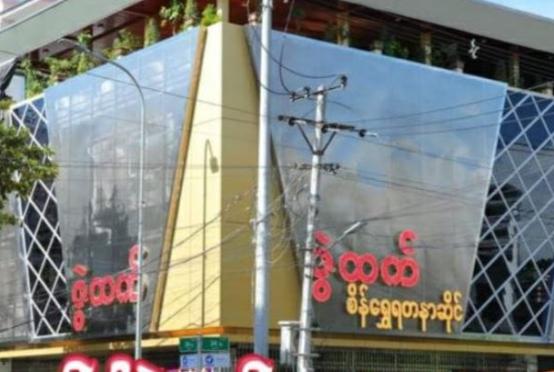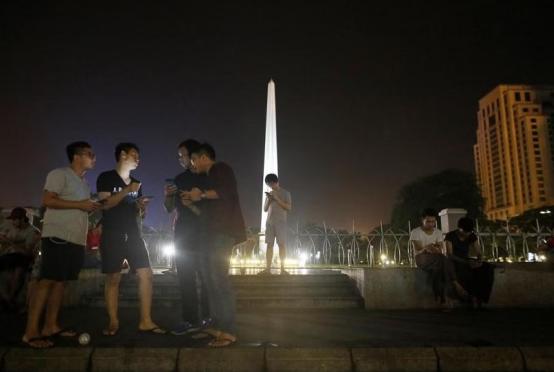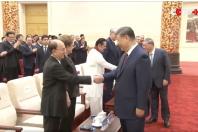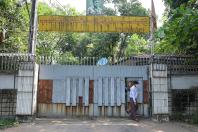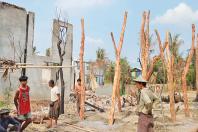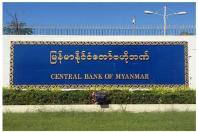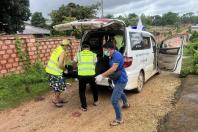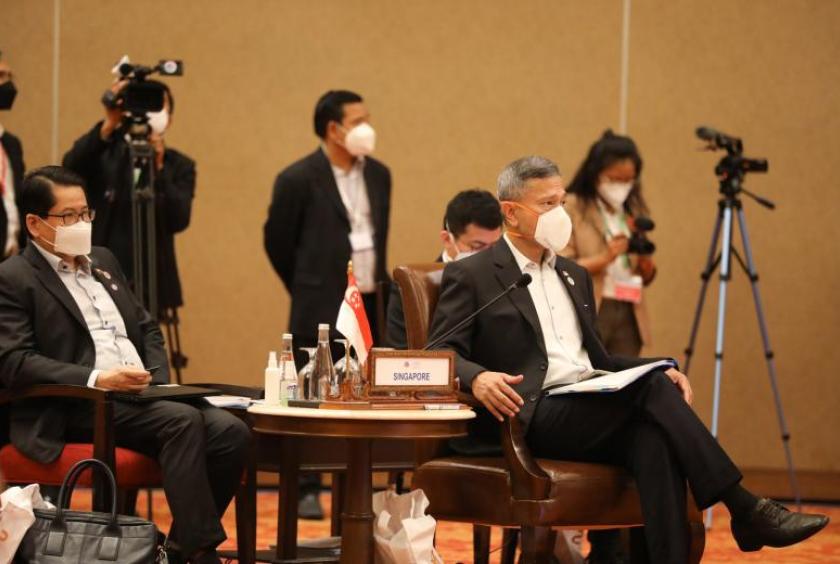
BANGKOK - Myanmar's military authorities must show good faith and sincerity in their effort to achieve national reconciliation and dialogue, Singapore Foreign Minister Vivian Balakrishnan said on Thursday (Feb 17).
He said the amount of access the authorities grant to the Asean special envoy will be a "litmus test" of this.
"If he is not given access to the stakeholders, that severely constricts his role and actually makes it harder for resolution," Dr Balakrishnan said during a virtual interview after attending in person a meeting of Asean foreign ministers in Phnom Penh, Cambodia.
He said the onus would ultimately be on the Myanmar military leaders to achieve reconciliation and dialogue.
"If you were asking me for advice, I would say that I cannot imagine any solution right now without Daw Aung San Suu Kyi - but that is not my position nor my call," he said.
Mr Prak Sokhonn, who is Cambodia's foreign minister and deputy prime minister, is the current Asean special envoy on Myanmar, as his country is the current chair for the regional grouping.
Reuters reported that the Cambodian official told the two-day retreat of Asean foreign ministers that he was seeking to visit Myanmar and appealed to its military government to allow him to talk with members of a shadow government whom it has labelled as "terrorists".
Mr Prak Sokhonn said engaging the National Unity Government (NUG), which includes members of the ousted Myanmar government and other military opponents, was complicated because of the ruling military's objections.
Myanmar has been in turmoil since the military staged a takeover and ousted the elected government led by Ms Aung San Suu Kyi on Feb 1 last year. The Nobel Peace Prize winner is now on trial, facing a host of charges, including election fraud and bribery, that carry a combined maximum sentence of at least 150 years in prison.
The military takeover has triggered massive demonstrations and violence in Myanmar, with thousands killed or displaced and millions more at risk of poverty and hunger.
Since last October, Asean has invited only a "non-political" representative from Myanmar to attend its meetings, and Dr Balakrishnan has emphasised that the country remained a member of Asean.
"We have not even excluded them - the current military authorities - from our meeting... Even today, they dialled in, they had access to our meetings," he said, responding to questions about the decision to bar junta leaders from key meetings over their failure to honour a peace plan agreed with the bloc.
Dr Balakrishnan said that he would not call it an exclusion, but a "signal of disappointment and dismay" at the lack of progress in the implementation of the Five-Point Consensus that Myanmar agreed to last year, which, among other things, called for an immediate end to hostilities and to allow a special envoy to facilitate dialogue.
A visit by Cambodian Prime Minister Hun Sen to Myanmar last month, during which he sought to re-engage the military authorities, including Senior General Min Aung Hlaing, had stirred some concerns among Asean members.
Mr Prak Sokhonn defended that approach and said Cambodia would keep engaging the military government to "keep trust and confidence alive for the time being", according to Reuters.
"The reason why the Prime Minister has taken the approach is because the work of the special envoy was stuck last year," he was quoted as saying.
Despite recent frictions over the visit, Dr Balakrishnan said Asean has maintained a unified position over Myanmar.
"So far, we have been able to maintain unity where it counts, we have been able to act collectively," he said, noting that this was especially significant in the area of humanitarian assistance to the country.
Dr Balakrishnan however acknowledged that there were variations in the way Asean members viewed the situation, especially those in close proximity to Myanmar.
"For countries who actually share a border, who are concerned about refugee flows, violence across borders - they have legitimate concerns to a far higher degree than countries like us," he said.
Echoing a point made by Mr Prak Sokhonn, Dr Balakrishnan said the situation in Myanmar would not "hijack" Asean's "big picture" agenda, with the focus on important strategic projects and relationships in and around the region.
Against the backdrop of the intensifying competition between major powers China and the United States, Dr Balakrishnan also said that Asean must continue to maintain its centrality, unity and relevance in approaching "the most consequential, dynamic relationship that will impact the world".
The foreign ministers, during the two-day meeting - the first convened by Cambodia as Asean chair this year - also discussed Covid-19 recovery efforts, community-building activities and regional economic integration within the bloc.
"I believe, looking across Asean, we are all hoping that this year will be the year of post-pandemic recovery," said Dr Balakrishnan.

